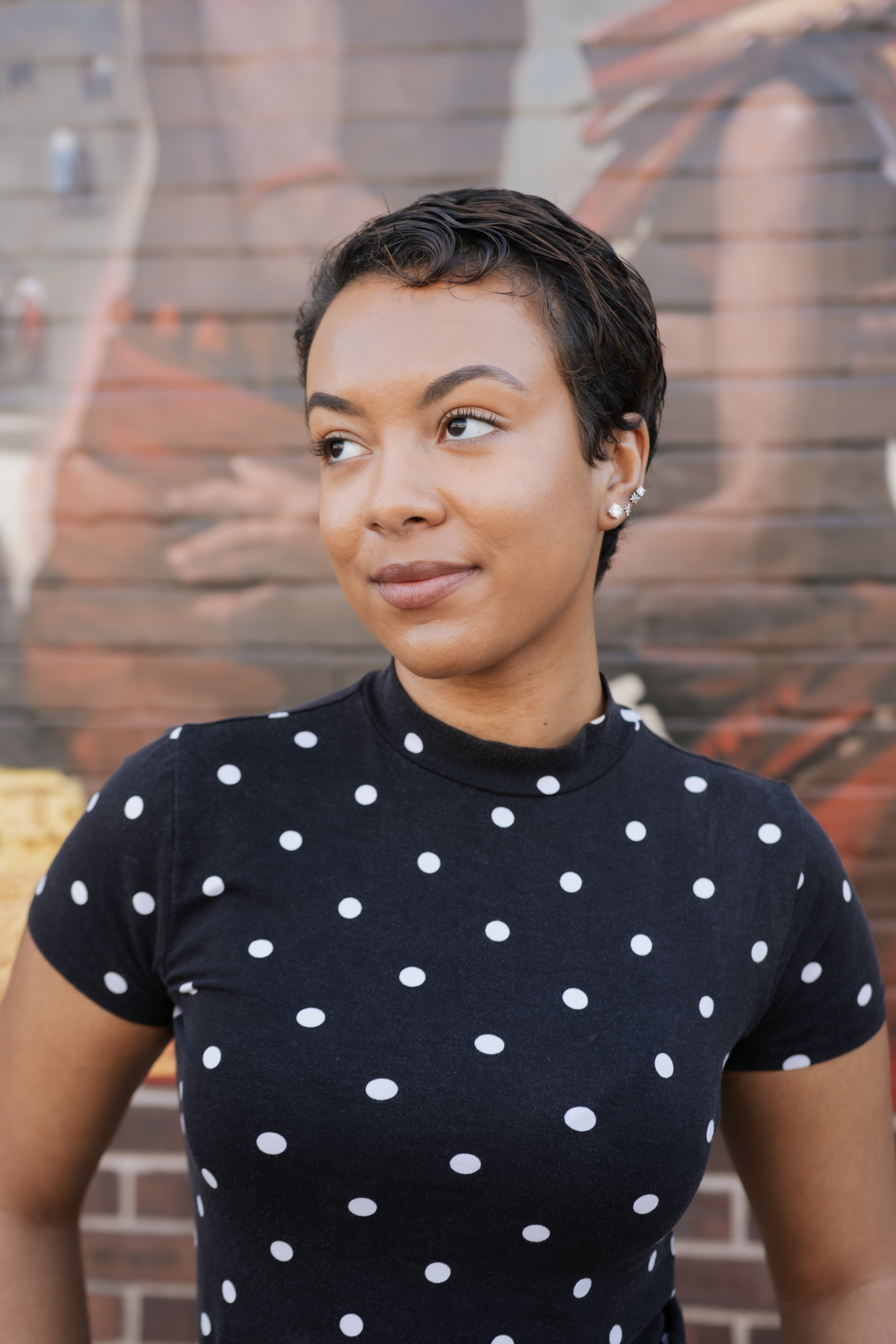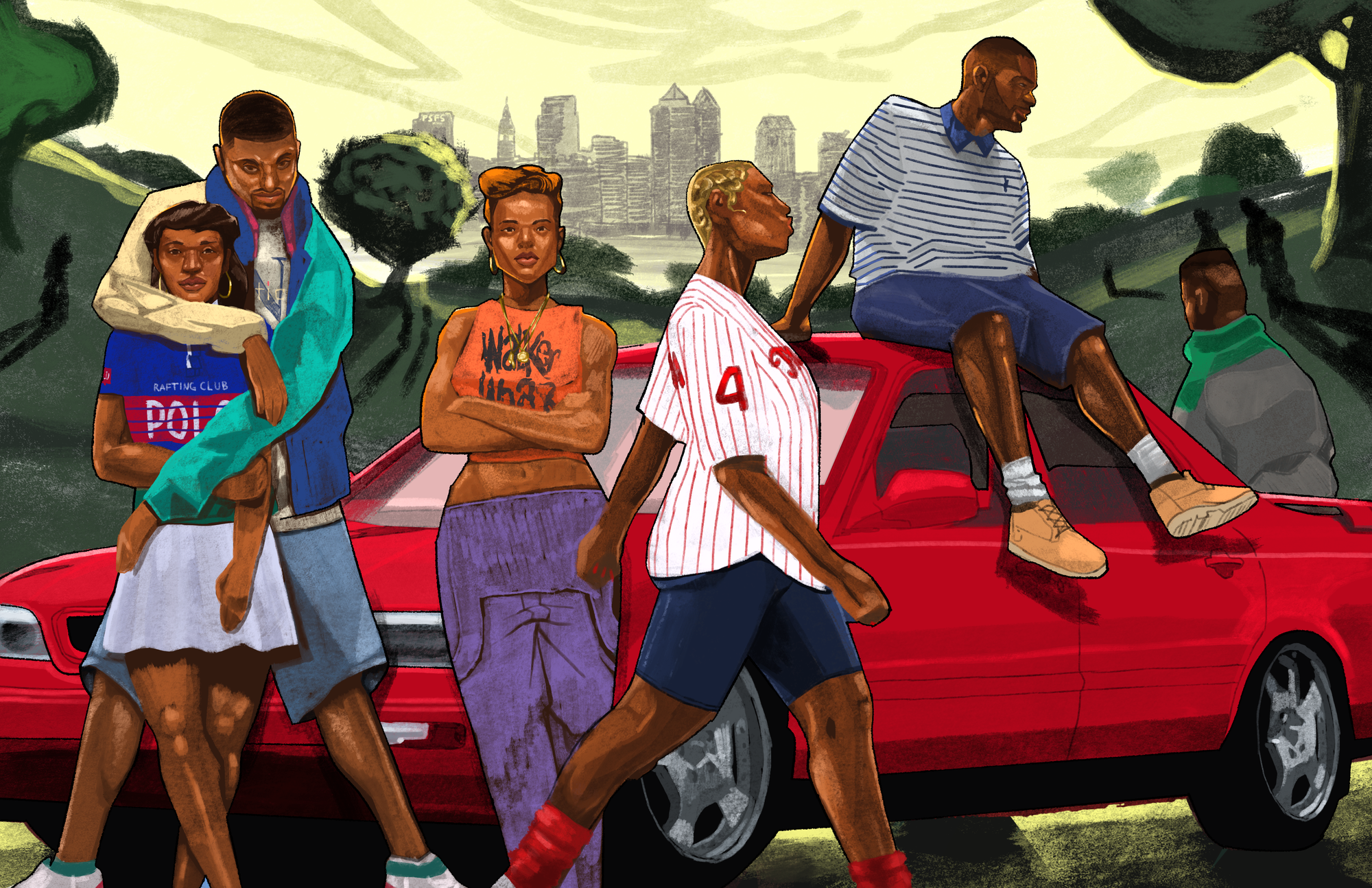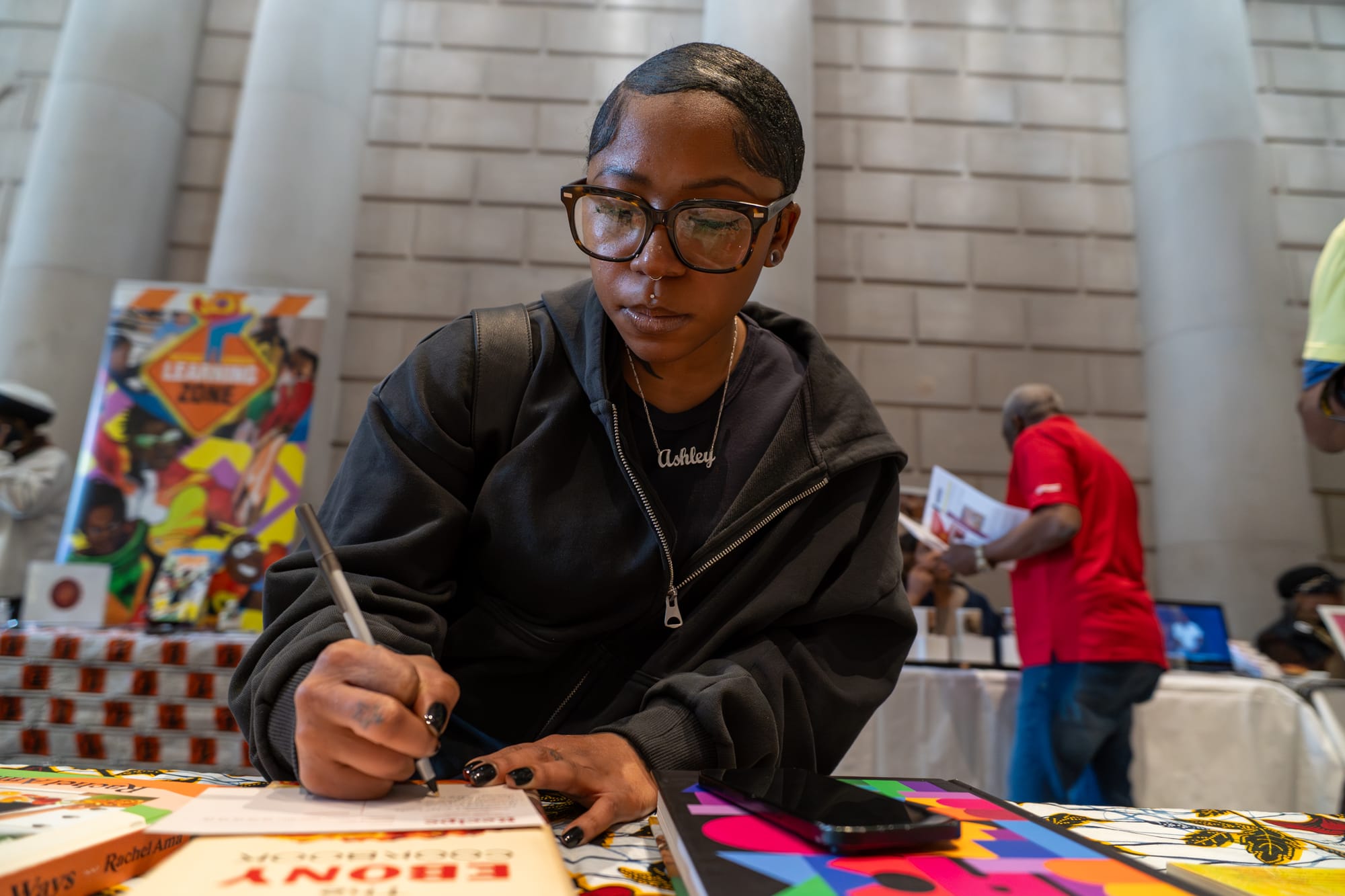In Healing Color: The 4th Annual United We Heal Film Festival
Just one day after Juneteenth, otherwise known as the “Black Independence Day,” celebrations in Philadelphia still held up, with laughter, cheers and most importantly, how healing in Blackness is portrayed on screen…
Just one day after Juneteenth, otherwise known as the “Black Independence Day,” celebrations in Philadelphia still held up, with laughter, cheers and most importantly, how healing in Blackness is portrayed on screen…
Returning to the electrifying venue, Underground Arts, the gathering space where mosh pits and movie screenings collide, Philadelphia-based film festival United We Heal, hosted its fourth annual film festival. The film festival ushers in new talent through showcasing films that cover the expansiveness of what it means to truly heal under the current conditions Black people are surviving under.
According to founder Ebony Roberts, the festival serves as a pathway to connecting community storytelling within the often high brow and illusive film industry. The festival attempts to screen dynamic cutting edge films that amplify marginalized voices, raise awareness, and deliver authentic storytelling all while maintaining optimal audience entertainment.
Below the hustle and bustle of a busy beautiful city like Philadelphia, Underground Arts, 10 original films directed by Black filmmakers conveyed the most constant truth; healing is not linear. From dreaming of a future without guns, to a love machine that gives us a portal that reminds us parents are people too, each film explored the topic of surviving under traumatic situations and coming out the other side not only better, but hopeful.
“I learned that it really does take a village, not just through the storyline,” said filmmaker Victoria Wilcox . “But I’m proud of everything, down to the credits that roll and learning to trust other people and ask for help [in the process].”
Just a day after Juneteenth, there was a resonance for the importance of sharing stories, but also documenting the legacy of Blackness. This festival highlighted both the need to preserve culture and dare to dream beyond tropes, a reckoning on the past and present and a future call to continue building legacies on film. For the attendees and panelists, it was a chance to sit with a very taboo subject in the Black community: How do we connect not just through struggle, but with healing too?
Moderated by Grits and Eggs Podcast host Deante Kyle, the post-film festival panel featured all 10 filmmakers, discussing the inspirations for their films. All panelists and audience members for the first time, adding spiritual weight to a conversation about generational harm and healing.
“As I am seeing this work on the screen, I’m hoping that everyone takes it and does not feel forced,” says UWHFF audience award winner Jasmine Lynea. “My healing looks like forgiving my parents and forgiving myself and choosing to do that through my everyday [and in this film]”
The films also were set to the backdrop of a currently intense political climate we are seeing. According to the festival’s mission, Born from a short film with the same namesake, the United We Heal film was a tribute to the Black community's ever evolving healing process within an ever present white supremacists system of oppression.
From that the UWH team wanted to provide a platform for other filmmakers with like minds. This includes filmmakers who also have works about a social justice cause, community issue, or problem they are fighting to bring attention to.
“When I was hired to do this project [A Future Without Guns], and to visualize this life without all this cloud of darkness this film was a blessing to me,” said teary-eyed director Kyra Knox. “I know too many people that have been impacted including myself, and losing my cousin, who was only 37 years old [to gun violence]”
Filmmaking takes passion projects and allows for new worlds to be made, while addressing the current worlds we are in. Every film was deeply impactful not only to depiction of struggle in the face of honoring Black people, but to ground audiences in what is possible. These works from every director were held delicately, but displayed raw emotion and talent through the medium that is filmmaking and storytelling altogether.
United We Heal continues to hone in on the opportunity to not isolate in a robust process that is putting a film together, reminding us that healing isn’t just about addressing the problem —but about creating and never stopping your dreams.




